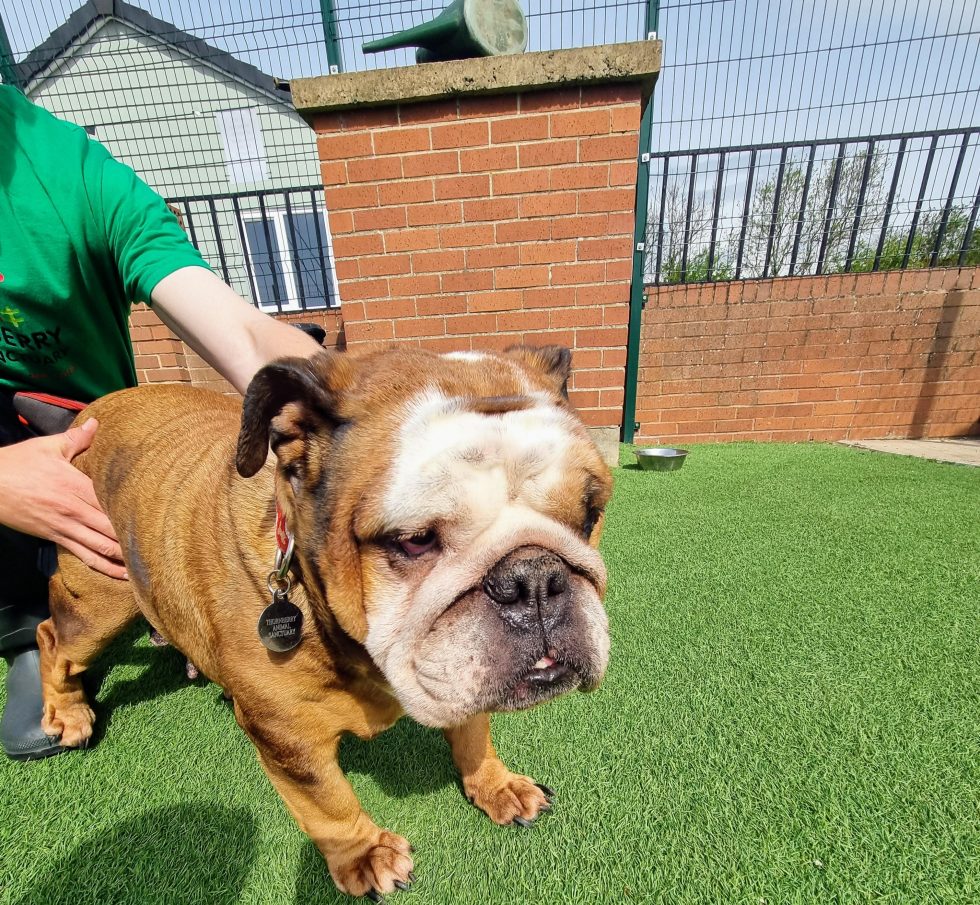A Sheffield animal sanctuary is seeing “more animals than ever before” being given up by their owners due to the cost of living crisis.
Thornberry Animal Sanctuary on Todwick Road in Dinnington say that individuals cannot afford the upkeep of their pets or they are having to move house to a more affordable living area and cannot take their pet with them.
The animal Thornberry is receiving the most of are rabbits. At present, there are more than 200 rabbits on the waiting list to come into the animal sanctuary because their owners can’t look after them.
Bethany Rutt, marketing coordinator at Thornberry, explained the reason for this was because many people buy rabbits in pairs from pet shops that are not always correctly sexed. This leads to them breeding and the owner is then left with multiple rabbits to look after, which is expensive.
“The waiting list is astronomical. We’re having to expand our rabbit enclosures onto our farm site and build new hutches to house the influx of rabbits we are experiencing,” said Bethany.
“As well, people aren’t particularly adopting rabbits at the same rate people are adopting cats and dogs. The rabbits are not being re-homed at the rate we need them to be.”
A lot of the animals that are being brought into Thornberry by owners have severe health problems. This is because the cost of living crisis has made it hard for pet owners to pay for medical bills and vet check ups.

Tiger, who lives on site as he isn’t happy living in a home environment. He had cancer in his ears so requires ongoing treatment, and he is deaf.
“The animals that are being brought in are getting more and more expensive for us to look after as many of them need a lot of medical attention,” Bethany continued.
“Where the cost of living has gone up for everyone else, it has also gone up for us. We’re then receiving these more expensive and ill-health animals on top of this, so we’re really feeling it.”
One way Thornberry Sanctuary said pet owners can receive help with their medical bills is to get in touch with local pet health and neutering charities. Organisations like Cats Protection and the PDSA can offer pet owners help with neutering their cats. They also advised pet owners to speak to their local vets about finance options for medical and vet bills.
Laura Skiba, an animal carer at Thornberry, said: “We need people to think and do their research before investing in a pet in the future. For example, some breeds have more health problems associated with them than others. With flat faced dogs like pugs and bulldogs, which are very popular at the moment, they need a lot of medical attention with their breathing.
“We need people to have the knowledge about the animal they want to get before they buy one so they don’t end up getting brought to us.”
One of the dogs currently being cared for at Thornberry is Brandy, an English Bulldog, who was used for breeding purposes and now their owner can’t afford to take care of them. Currently, she is not available for rehoming as she requires a lot of medical treatment and this could cost Thornberry Sanctuary up to £5,000.

Koko, and is hopefully soon going to her forever home. Her owner was unable to cope with her anymore.
Thornberry Sanctuary is funded 100 per cent by the general public. It does not receive any government funding and relies on the public’s money, item donations for their charity shops and volunteers. Established in 1988 the sanctuary is split across two sites. The charity rescues thousands of dogs, cats, rabbits, equines and some other larger species at its farm at Ravenfield, whilst all other animals are at Todwick Road, Dinnington.
“The message we want to get out is people need to be really considerate and think before buying or adopting pets. They need to be mindful that when you take a pet on, it’s not just there for the next couple of years, but for a very long period of time,” Bethany said.
“While you might think you’re in a stable job at the moment and can afford to look after a pet, this doesn’t necessarily mean you are going to be financially stable in the future. A lot of long-term thinking needs to go on before investing in a pet.”




